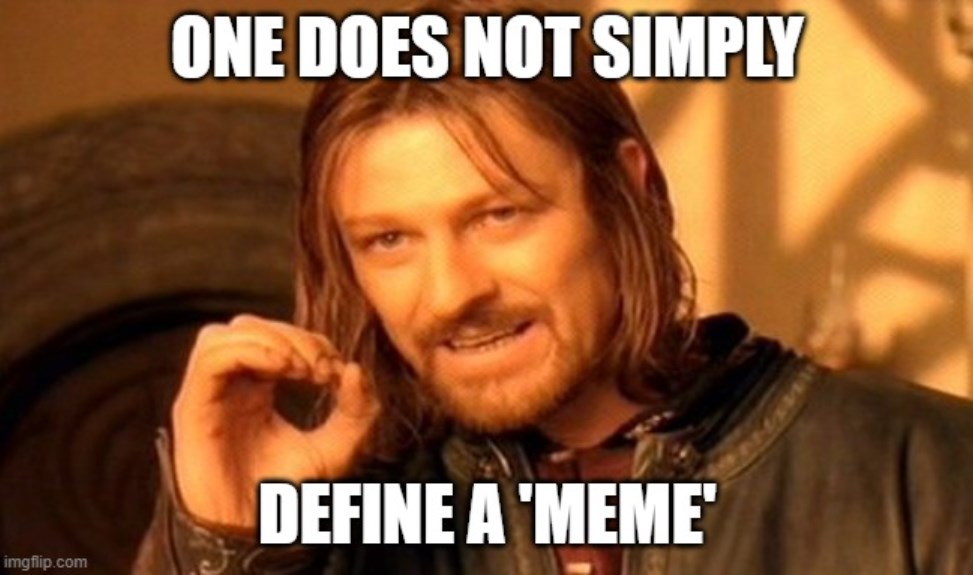
A meme stock is a pure child of the 2020s. There’s no clear definition. It isn’t a value stock or a growth stock. It just… is.
Jokes apart, meme stocks are stocks that see dramatic price increases, mostly fuelled by people on social media (primarily Reddit, Twitter and Tik Tok). These stocks rarely have company fundamentals that back the rise in price, and are often highly volatile. So why do people buy them?
FOMO is one of the main drivers of investor buying. The term FOMO is an acronym that stands for the ‘fear of missing out’, originally coined by Patrick J. McGinnis in 2004 and used largely by the highly connected millennial and Gen Y generations.
“This ‘fear’ is spurred on by the fact that many of us are inundated with updates about our social circle’s activities, to the point that some individuals feel like they are ‘missing’ out if they are not actively participating in conversations or activities around them. The term is generally regarded with a negative connotation, sometimes contributing to a person’s indecisiveness or overcommitting to obligations,” Morningstar Canada’s director of investment research Ian Tam explains.
The first prominent example of a meme stock in 2021 was struggling video game retailer GameStop (GME). The stock traded $19 per share at the start of the year, but by January 28, it hit an all-time high of $483 per share.
What is a Meme?
A meme (pronounced MEEM, though some say Me-Me) is a part of the language of the internet. It is a way for social media users to quickly communicate an idea, style, trend, or behaviour. Initially, memes were a combination of an image and a catchphrase. Here’s one example:

The original image is from the movie The Lord of the Rings: The Fellowship of the Ring. In this scene, the protagonist Frodo Baggins has reached the home of the elf Lord Elrond with the One Ring. Elrond calls a council to decide what is to be done with the ring, which can only be destroyed by the fires of Mount Doom, where it was forged. The obvious solution is to take it to Mount Doom, and throw it in. At this point, Boromir, the prince of Gondor, (and up to this point, not a very likeable character) says, "One does not simply walk into Mordor," Boromir says. "Its black gates are guarded by more than just orcs. There is evil there that does not sleep. The great eye is ever watchful.”
Now remember, most people sharing the meme, especially in its initial days, know this. They know that the language is odd, and they also know that Boromir is unlikeable and pompous. Which is why – laughing at him is funny, and that is partly why the meme took off.
This particular meme always starts with the words, “One does not simply…” at the top, and usually something humorous at the end, implying that whatever the person is trying to do is complex, or un-doable. For example, if you’re trying to get tickets to the hit musical Hamilton, a friend might send you a picture of Boromir with the words, “One does not simply get tickets to Hamilton.” Though this is how memes begin, the concept is much broader and includes gifs, videos, challenges, and now, stocks.
Should You Buy the Meme Right Now?
“No, investors should not buy into the meme mania – it should be contained within the realm of day-traders who are willing to speculate on momentum. Part of the reason Meme stocks such as these have arisen in the first place is FOMO, or fear of missing out, which is fuelled by too many people touting about how much money they are making on these trades. These situations are not what we consider to be an investment but are short term momentum trades, meaning that the stocks are not moving due to changes in the underlying fundamental value of the company but are based on technical indicators. These situations often start with a short squeeze, and then turn into a self-fulfilling prophecy in the short run on the way up. But once the upward momentum runs out and stocks start to turn down. Look out below - traders will look to exit positions as quickly as possible and will hit any and all bids on the way down until they are out of their positions,” Morningstar Chief US Market Strategist David Sekera explains.
Put another way, he says, these situations are not quite Ponzi schemes, but share some similarities. “The difference between the two is a Ponzi scheme is specifically created as a nefarious act to defraud investors. Meme stocks don’t start out with criminal intent but lure in unsophisticated investors who may not fully understand market dynamics and valuation. The two are similar because you need either existing or new investors to continually come in and purchase the stock at ever higher prices. Which means that while there will be some investors that make money on these trades, and unfortunately, many investors who are trading these stocks will ultimately end up getting burned and will lose money. Investors will need to be extremely careful in getting involved in these situations,” Sekera says.
He offers four points to remember:
- Rocket ships will eventually burn out of fuel, and you certainly don’t want to be the last one buying.![]()
- To make real money, you need to be one of the first to start selling, and it’s very hard if not impossible to know when that precise time will come. ⏲️
-Many traders of these stocks claim to have diamond hands, meaning they intend to hold onto the stock no matter what. Yet, once the stock starts to trade down and those traders begin to realise losses, those diamond hands have a tendency to quickly dissipate and the resulting selling pressure will force the stock price to gap down. ![]()
![]()
-One might be tempted to take the other side of this trade and short the stock; however, it is extremely dangerous to sell short as the stock price no longer has any connection to the long-term, fundamental value of the company. Remember the old trading adage: ‘The market can stay irrational longer than you can remain solvent’. ![]()


















